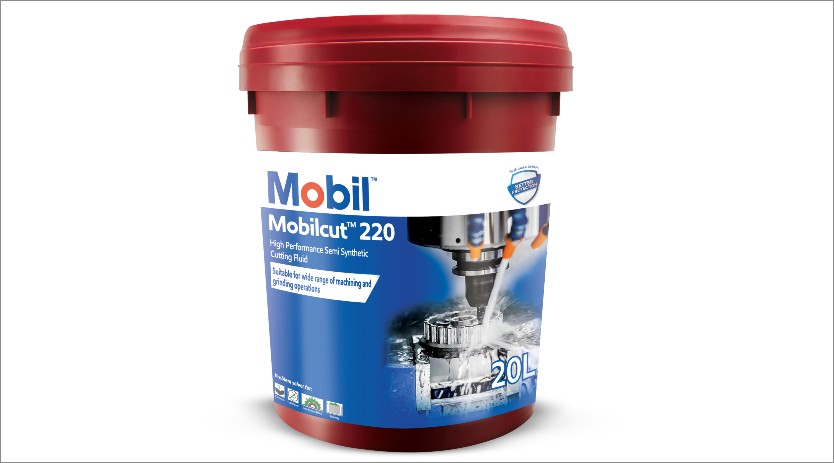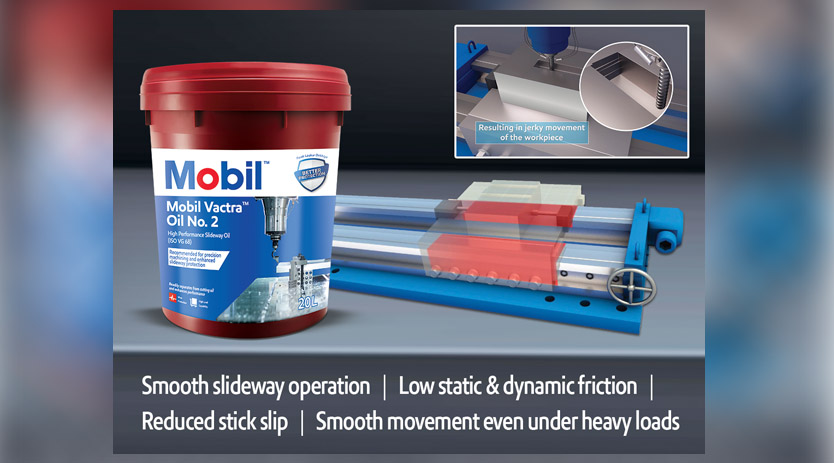Lubricants are using nanotechnology to enhance fuel efficiency
July 29, 2022 11:49 am
The lubricant industry is adapting and evolving its product ranges to keep the engine cool using new technology, says Kunal Marathe, CEO, Pratap Tex-Chem Pvt. Ltd.
Trends impacting the oil and lubricant industry
The foremost are prices of Base oil, which is derived from crude oil, whose prices are high and they are increasing. Others trends are as following.
- Shortage of raw material availability in Base Oil: Due to the pandemic, which negatively impacted the lubricant industry, the production output was reduced. Additionally, because of the ongoing war between Russia and Ukraine, Russia cannot supply oil currently, despite being one of the most significant oil suppliers. This has caused a shortage of raw materials and supply chain disruption.
- Shortage of containers: The shortage of containers has adversely affected sea freight and has increased the cost of export and import.
- Shortage of workforce: Skilled workforce has been impacted, affecting the lubricant industry.
- Judicious use of premium and synthetic lubricants: The rage to switch to premium and synthetic lubricants is winding down. We are now more aware of the true strength of these lubricants and their appropriate application.
- Energy-conserving and environmentally friendly lubricants as well as replacing grease with oil in mission-critical applications.
Opportunities available for lubricant blends for automotive parts and gear transmission
The Automotive industry is expanding in India due to an increasing number of plants and production. This has positively impacted demand and increased opportunities. There is an increase in the demand for automotive parts for four-wheelers, which has, in turn, increased opportunities for lubricant blends.
New norms and increasing trends for fuel efficiency to alter new lubricant production range
Due to the rise of EVs, consumers’ expectations regarding the fuel efficiency of petrol and diesel prices have risen. The maintenance cost of EVs is relatively minor, so compared to these, fossil fuel maintenance costs are relatively high. This is a challenge for car manufacturers and lubricant manufacturers. To avoid reducing the demand for fossil fuels, there is a need to increase fuel efficiency. Hence, when this challenge arose, the lubricant industry rose to meet it by altering the production range. Lubricants are now made using new technology, which increases fuel efficiency. Additives are made such that the engine efficiency works in any weather conditions. Keeping in mind these trends, the lubricant industry is adapting and evolving its product ranges.
Readiness of lubricants meeting new demands
Due to the issues in the supply chain management, raw material supply and raw material prices, it is a challenge to be ready to meet the new demands of the automobile industry. However, the lubricants industry can meet this challenge. While the industry is prepared to meet the needs, the cost of the entire process has increased.
Growing demand for automotive lubricants since EVs and hybrid vehicles are future of automotive industry
The demand for automotive lubricants is unlikely to drop soon because there are several challenges faced by the rising EV trend as well. There is a shortage of sufficient charging points for EVs, so one cannot travel long distances on them. Another challenge for EVs is that EV batteries have lithium in them, whose disposal becomes an issue. Additionally, EV batteries require grease, which is provided by the lubricants industry. And so, since EVs also face challenges, there is a reduced chance of their demand increasing rapidly. On the other hand, the lubricants industry is expanding and adapting to the changing times, ensuring they do not lose its footing in the market. With new technological advances in the lubricant industry, fuel efficiency will increase, and emissions will be controlled. Hence, even though EVs are trending, it does not imply a reduction in the demand for automotive lubricants.
Innovations in lubricant products that will enhance higher fuel efficiency
The lubricant industry consistently aims for better cooling, better lubrication, and reduced friction while making lubricants. Currently, the materials/components that are hazardous to the environment and harm the engine are not utilised. Lubricants that keep the engine cool and smooth are made using new technology. For example, nanotechnology is used to make lubricants, in which, when nanoparticles circulate with the lubricant, they keep the engine walls clean, reducing friction. Because of the reduction in friction, there is also a reduction in fuel combustion and an increase in output. Apart from that, technology such as Adblue increases the overall efficiency.
Cookie Consent
We use cookies to personalize your experience. By continuing to visit this website you agree to our Terms & Conditions, Privacy Policy and Cookie Policy.

















 English
English Hindi
Hindi